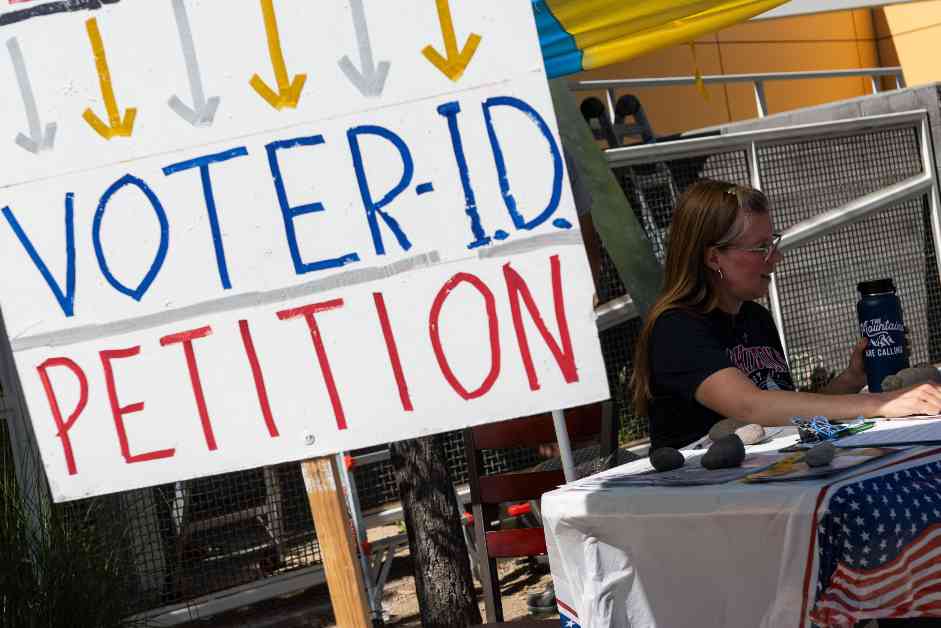Understanding the Implications of Question 7 for Voter ID in Nevada
Nevadans will vote in November to determine whether the state should implement a voter ID requirement for the 2028 elections. This comes after years of Republican efforts to push voter ID laws in Nevada, with the question now going to the electorate this November.
The Republican argument for voter ID laws has centered around the need for election security, while Democrats have raised concerns that such laws could disenfranchise voters who do not possess the necessary forms of identification.
While polls have shown broad support for implementing a voter ID requirement, Nevada is currently one of 14 states that do not require any form of identification to vote, relying instead on voter signatures for identity verification.
What Question 7 Entails
The proposal seeks to amend the Nevada Constitution to mandate that individuals voting in person in the state must present a valid photo ID—such as a driver’s license, passport, student ID, or gun permit—before casting their vote. Additionally, those voting by mail would be required to include a portion of a personal identification number—like a driver’s license number or Social Security number—along with their signature.
If a majority of voters support the question this year, it will appear on the 2026 ballot, where another affirmative vote would lead to the change in Nevada’s Constitution.
This marks the second attempt by Repair the Vote to include a question on voter ID in the ballot. In 2022, a judge blocked a similar question due to its argumentative description. The decision came too late for the group to modify the language and gather enough signatures.
Nationwide Context and Arguments
Currently, nine states have enacted strict photo ID requirements for voting, while three states have voter ID requirements that do not necessitate a photo but accept alternative documents like bank statements.
Another 24 states have some form of voter ID law, often with exceptions such as signing an identity affidavit or having election workers vouch for the voter’s identity.
Supporters of the voter ID initiative argue that it enhances election security and helps restore confidence in the electoral process. They contend that ID is necessary for various activities like buying alcohol, seeing a doctor, or applying to college, and should similarly apply to elections.
On the other hand, opponents of voter ID laws argue that they create barriers to voting and could result in disenfranchisement. They point out that voter impersonation is exceedingly rare in the U.S. and that the laws could disproportionately impact voters in rural areas and tribal communities due to limited access to DMV offices.
A study from the University of California, Berkeley, published in 2022, indicated that African American and Latino voters were the most affected by voter ID laws in Texas.
Financial Impact and Outlook
The Nevada Secretary of State’s office estimated that implementing the initiative would cost the state $6,750 to adjust voter registration and mail-in ballot verification processes, as well as modify the state’s voter registration system to capture all necessary data.
The full financial impact of the initiative remains unclear, as it is uncertain how many voters it would affect or which agencies would be responsible for its implementation.
In conclusion, Question 7 presents Nevadans with a critical decision regarding the future of voter ID laws in the state. As the debate continues, it is essential for voters to consider the potential implications and weigh the arguments for and against such requirements. Ultimately, the outcome of this vote will shape the electoral landscape in Nevada for years to come.



